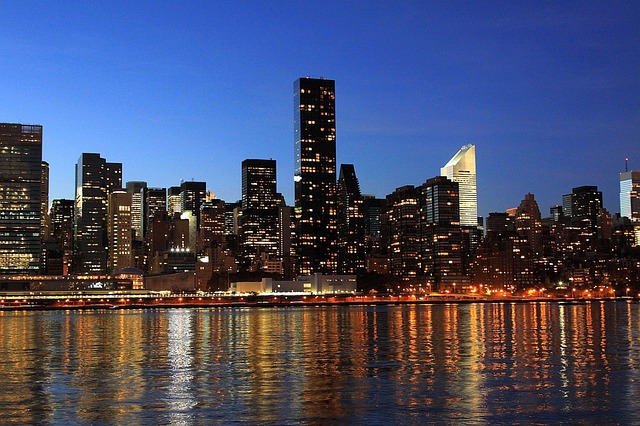Morganization
Categories: Econ, Company Management
We can thank J.P. Morgan, the dude who pretty much took over American industry back in the late 19th century, for the term “morganization.” It's a combination of “Morgan” and “organization,” and refers to the practice of consolidating or organizing businesses in a monopoly-like fashion.
If we flash back to those history and economics courses we’ve taken, we’ll remember that J.P. Morgan’s realm of financial control extended from the steel industry to electricity to railroads to banking. He would buy up small, financially troubled competitor companies in whichever industry he liked that day. Then he’d decrease the prices offered by his newly expanded organization, undercutting his other competitors until they too caved under the financial pressure. Once all of those pesky competitors were out of the way, there was nothing to stop Mr. Morgan’s march toward complete market monopolization. Lots of M’s in that sentence. Just an observation.
Anyway, what were we saying? Ah yes—there was nothing to stop the monopolization march…until, that is, President Theodore Roosevelt stepped in with his whole anti-trust spiel and knocked J.P.’s plans back a few steps.
Today, we have laws preventing true Morgan-style morganization, but the word is still used to describe people or businesses who are seen as trying to amass too much industrial control.
